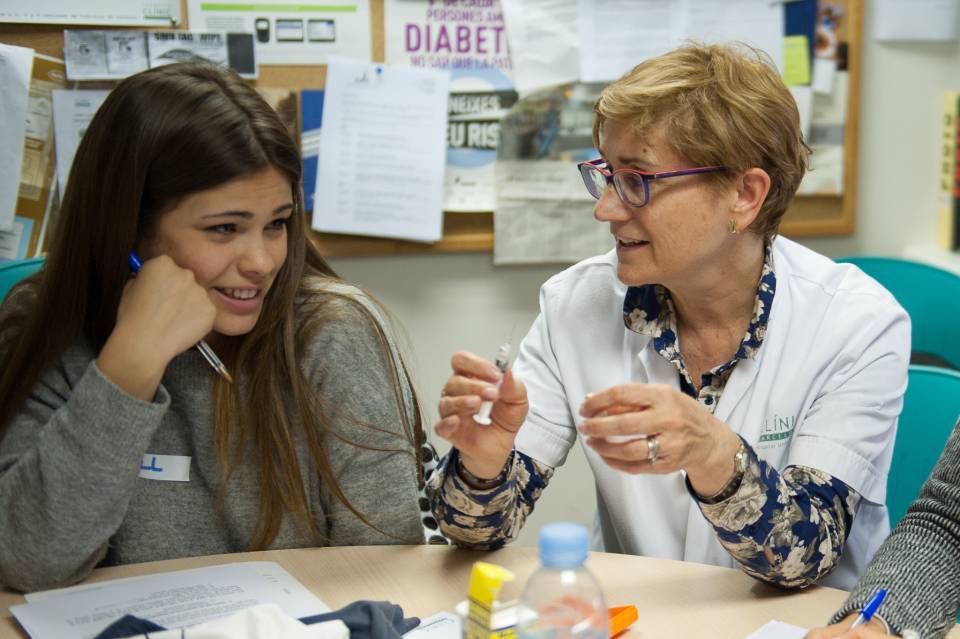Different studies have shown that the core of social perception, personal identity and stereotypes, is found in language. In people with diabetes, communication plays an important role in their commitment, perception of diabetes, treatment outcomes and psychosocial well-being.
The American Association of Diabetes Educators (AADE) together with the American Diabetes Association (ADA) have produced a summary article on recommendations of the use of language for healthcare professionals. The recommendations outline the best way to address patients. They also recommend how to talk about diabetes to other professionals and the general public.
The working group recommends using three key principles when communicating with and about people with diabetes. The first is a reminder that diabetes is a complex disease and that living with it and its treatment is an experience that involves many factors and variables. The second is that we must avoid perpetuating the stigma that has historically been associated with the diagnosis of diabetes, which can contribute to stress and feelings of shame and judgement. And the third and main recommendation is to always use a language that empowers the patient, which needs to be based on each individual's strengths. This simple action can improve communication and in turn the motivation, health and well-being of people with diabetes.
To implement these principles, the researchers propose specific changes in the language used. These suggestions focus on replacing language that may have potentially negative connotations. Thus, referring to patients as people with diabetes and not as diabetics is recommended, to avoid labelling someone as a disease. The article also suggests replacing imperatives such as "must do" or "do not" with suggestions, to avoid condescendence. Finally, the researchers recommend talking about "reducing risks" instead of "preventing" to ensure people do not feel guilty if they develop complications after making an effort.
This study represents an opportunity for health professionals to reflect on the language used in terms of diabetes. Language is the main vehicle for sharing knowledge and to understand concepts. Words are immediately transformed into meanings when people listen or read, and those meanings can affect the way a person perceives themselves. Using educational and empowering language encourages learning and better decision making in people affected by this complex disease.




